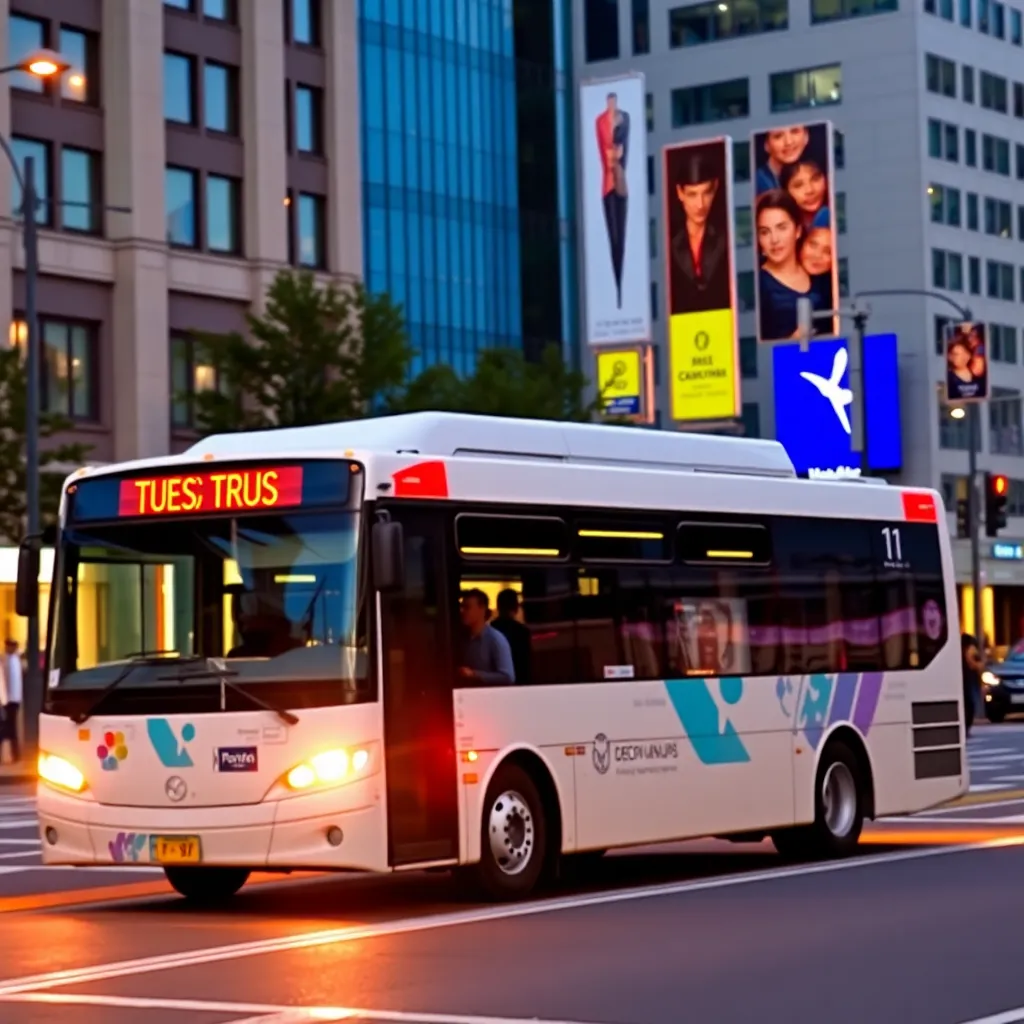

Lansing Passes New Transit Bill Impacting Wayne and Oakland Counties
Want to target the right audience? Sponsor our site and choose your specific industry to connect with a relevant audience.
Prominent brand mentions across targeted, industry-focused articles
High-visibility placements that speak directly to an engaged local audience
Guaranteed coverage that maximizes exposure and reinforces your brand presence
Interested in seeing what sponsored content looks like on our platform?
May’s Roofing & Contracting
Forwal Construction
NSC Clips
Real Internet Sales
Suited
Florida4Golf
Click the button below to sponsor our articles:
Sponsor Our ArticlesIn a surprising twist, Lansing has shaken things up with a new House bill that not only reduces the ability of some counties to opt out of transit tax votes but also expands this change to Oakland County. Yes, you heard that right! What started as a simple tweak for Wayne County has turned into a big deal for its neighboring county. So, let’s break it down!
Just recently, a bill was modified on the House floor to change the population cap for transit tax votes from 1.5 million to 1.1 million. This means that not only Wayne County—which has about 1.5 million residents—is affected, but Oakland County, with its 1.1 million residents, is now in the game too! Plus, the original plan to limit transit millages to five years has been tossed out the window. Instead, the transit authority gets to set the duration during the voting, giving them more flexibility.
Why is this a big deal? Well, back in 2022, Oakland County voters approved a 0.95-mill, 10-year property tax proposal aimed at enhancing their regional transportation network. The aim was to connect the county’s transit system and do away with those pesky opt-out allowances for local communities. Voters were on board— they passed it with a 57%-43% margin!
But not everyone was thrilled about this county-wide millage. Elected leaders from some of the northern and Oakland County opt-out communities labeled the county’s move as a “tax grab” and “theft.” With this new bill, there’s a glimmer of hope for bringing transit authority into the frame when the current millage wraps up in 2032—or even sooner. As Dave Woodward, chairman of the Oakland County Board of Commissioners, points out, it sets them up to potentially shift the millage to a transit authority in the future. Easy peasy!
Now, you might be wondering how this will hit your pockets. Woodward assures us that this new legislation won’t threaten Oakland County’s prized AAA bond rating. Phew! This provides counties a tool to handle transit better and is all about optimizing choices for the future. He emphasized, “This is just a tool that counties can use to best secure a path for transit in their local communities.” Sounds good, right?
State Rep. Alabas Farhat from Dearborn stressed that this bill is a way to bring unity to what he describes as a “patchwork of transit systems” in Wayne County. Presently, there are 17 communities that have chosen to opt out of the SMART bus system. This means their residents face serious hurdles getting from place to place, and with the county’s millage renewal up for a vote in 2026, the hope is to create a smoother process.
Those 17 communities, including major areas like Livonia, Canton Township, and Detroit, are unlikely to resist the general county support. It looks like many of these areas have been opting out for almost 40 years! Could change be just around the corner?
This new law is set to make waves, as it allows for significant changes in how transit is administrated in both Wayne and Oakland counties. As the legislative process unfolds, stakeholders will be watching closely, debating the implications and strategizing for the future. One thing’s for sure: if you’re keeping an eye on transportation in Michigan, this is a situation worth watching!
News Summary The article discusses the increasing significance of artificial intelligence (AI) in marketing, reporting…
News Summary The historic Fort Garry Hotel in Winnipeg partners with TravelBoom Hotel Marketing to…
News Summary As law firms navigate the evolving content marketing landscape in 2025, understanding client…
News Summary Stoneridge, Inc. announces that Natalia Noblet will take the reins as president of…
News Summary The Motor City Comic Con is returning to Novi, MI from May 16-18,…
News Summary The annual Novi Boat Show is underway at the Suburban Collection Showplace, featuring…